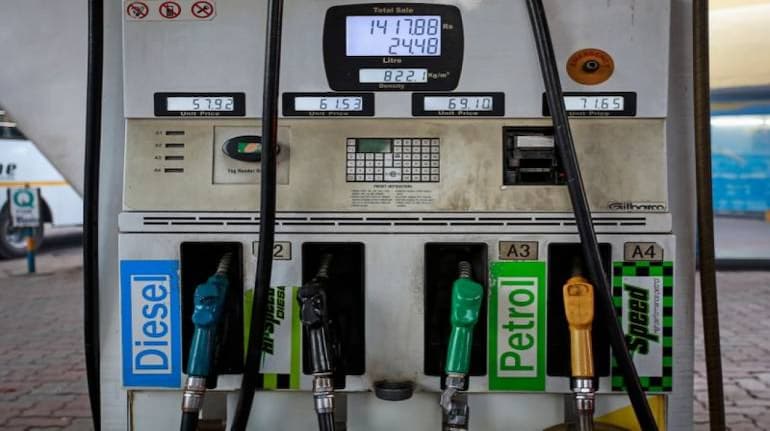



Finance Minister Nirmala Sitharaman said on August 16 that the Narendra Modi government is paying for reduction in prices of petroleum products during the time of Manmohan Singh government, due to the interest and principles having to be repaid on oil bonds from that period.
Sitharaman said that as of 31 March, 2021, there was Rs 1.31 lakh crore in outstanding principles and Rs 37,340 crore in interest yet to be repaid on these oil bonds.
"We should have released a white paper in 2014 listing out all that we inherited from the previous government. Oil bonds were a big part of that. The previous govt had reduced to prices but that burden had to be taken by the Oil Marketing Companies (OMCs) through these oil bonds," Sitharaman said at a media interaction, on being asked whether the Centre would follow Tamil Nadu's example and slash excise duty on fuel.
The Tamil Nadu government had, on August 13, announced a reduction in fuel tax to effectively bring the petrol rate down by Rs 3 per litre. The cut will result in a loss of Rs 1,160 crore a year to the state exchequer.
Also Read | Are interest payments on UPA-era oil bonds responsible for high fuel prices?
Sitharaman said that since the last 5 years, Rs 70,196 crore has been paid by the Centre in interest on these oil bonds.
Notably, the then-UPA government took to issuing oil bonds as a substitute for subsidies between 2005 and 2010. High crude prices and the blowback from the recession of 2008 increased fiduciary pressure on the government. By raising capital through bonds, these payments could be made in a deferred manner without causing a major escalation in prices, thus insulating customers.
Discover the latest Business News, Sensex, and Nifty updates. Obtain Personal Finance insights, tax queries, and expert opinions on Moneycontrol or download the Moneycontrol App to stay updated!
Find the best of Al News in one place, specially curated for you every weekend.
Stay on top of the latest tech trends and biggest startup news.